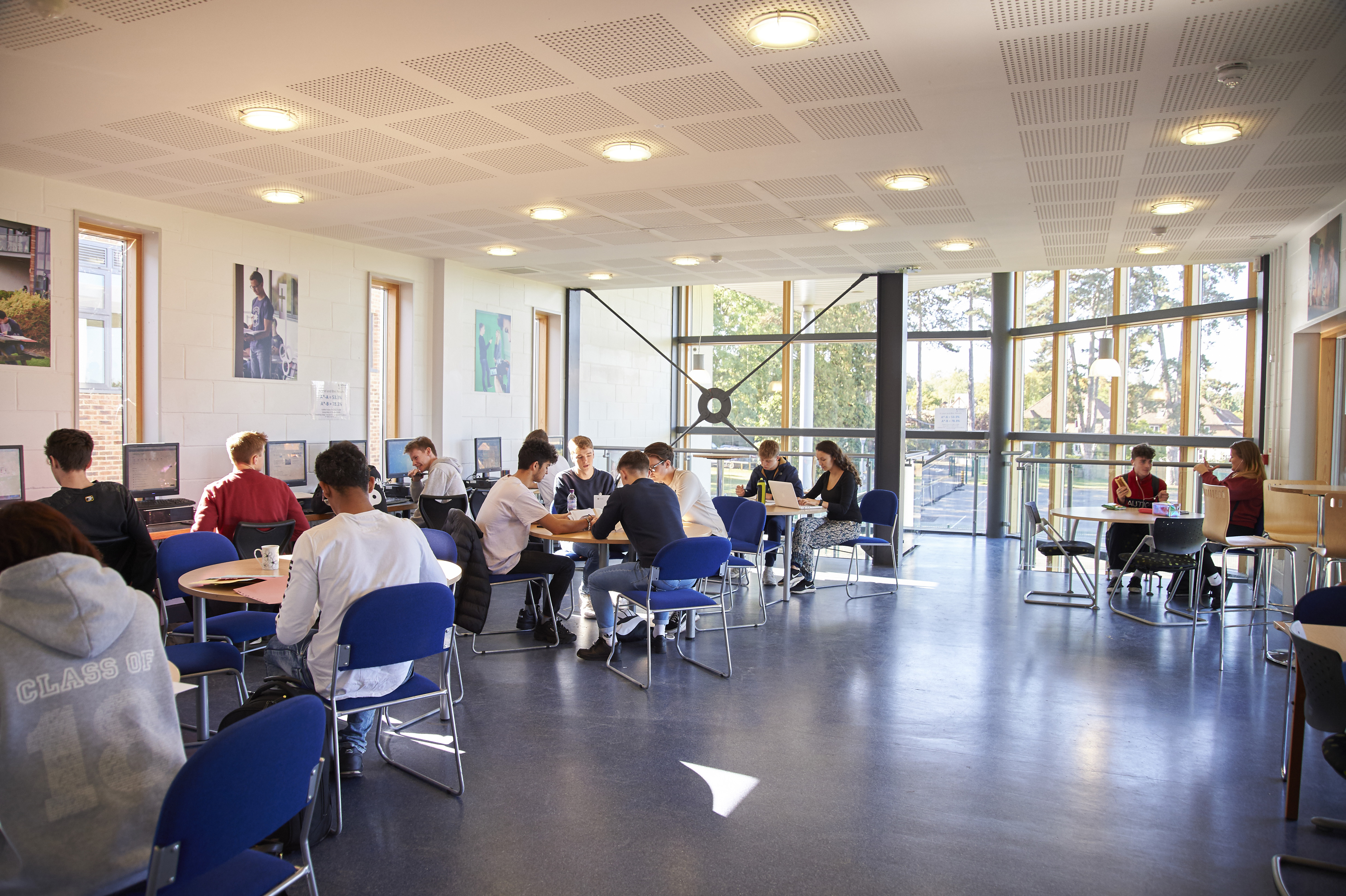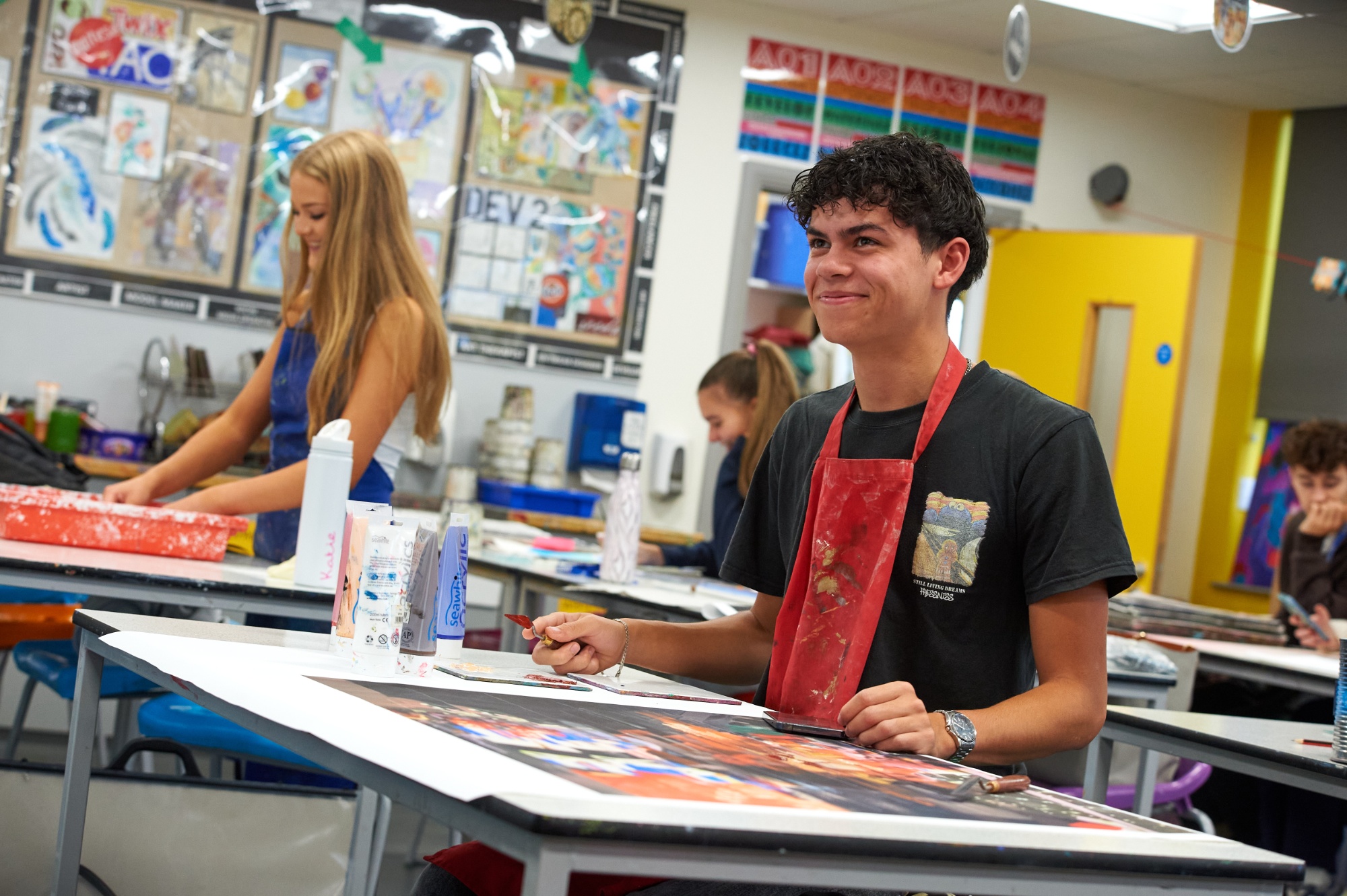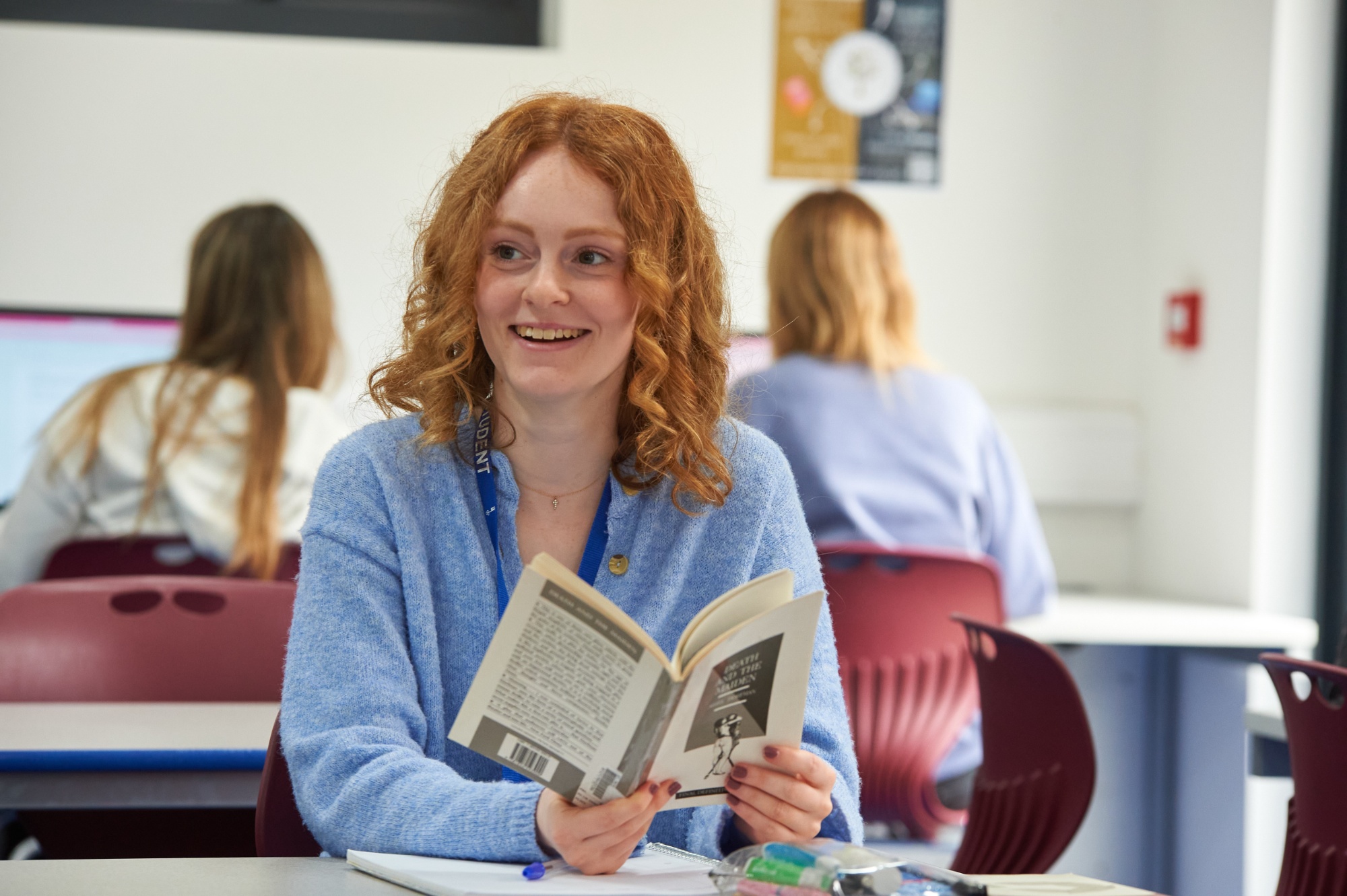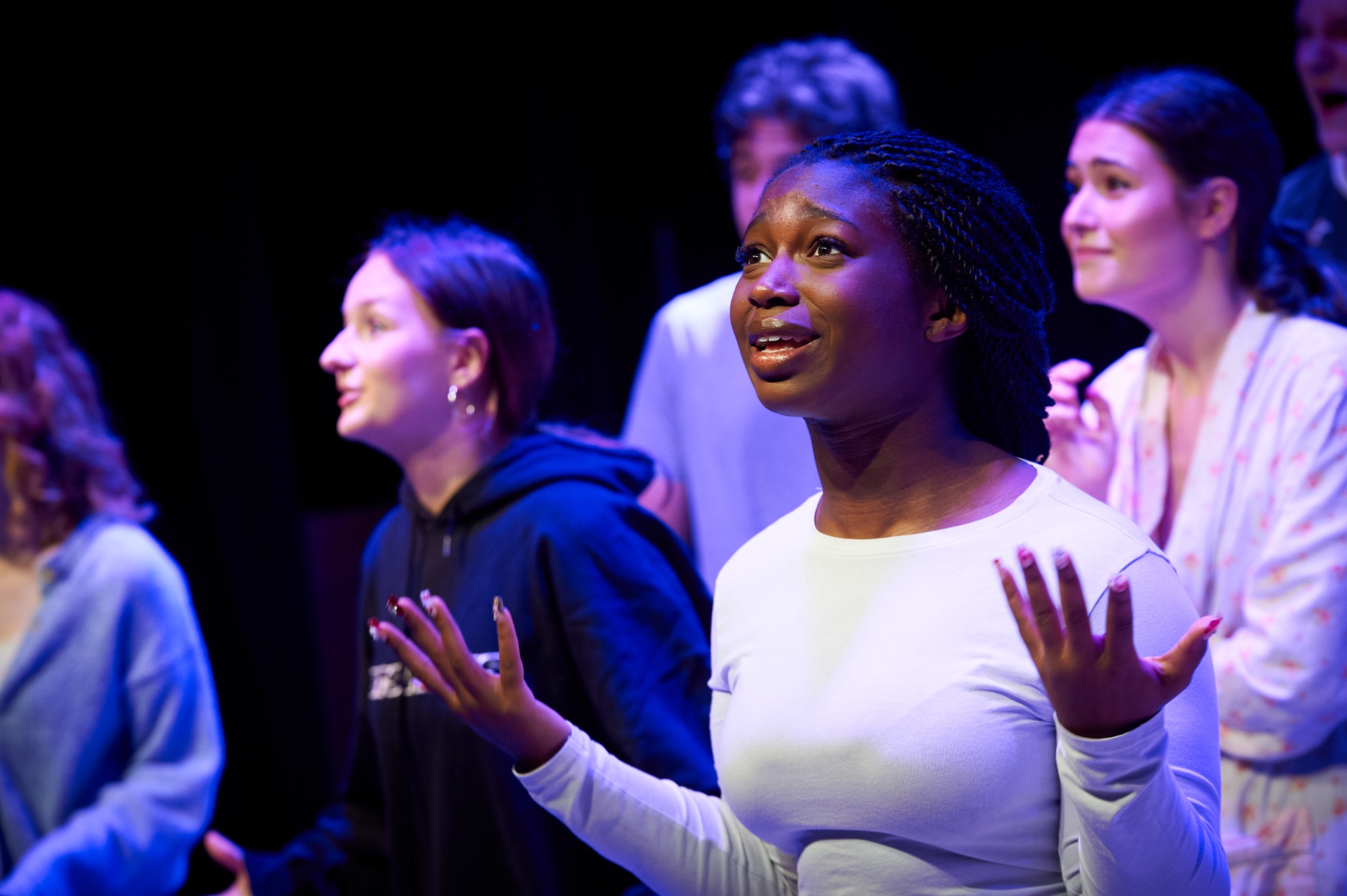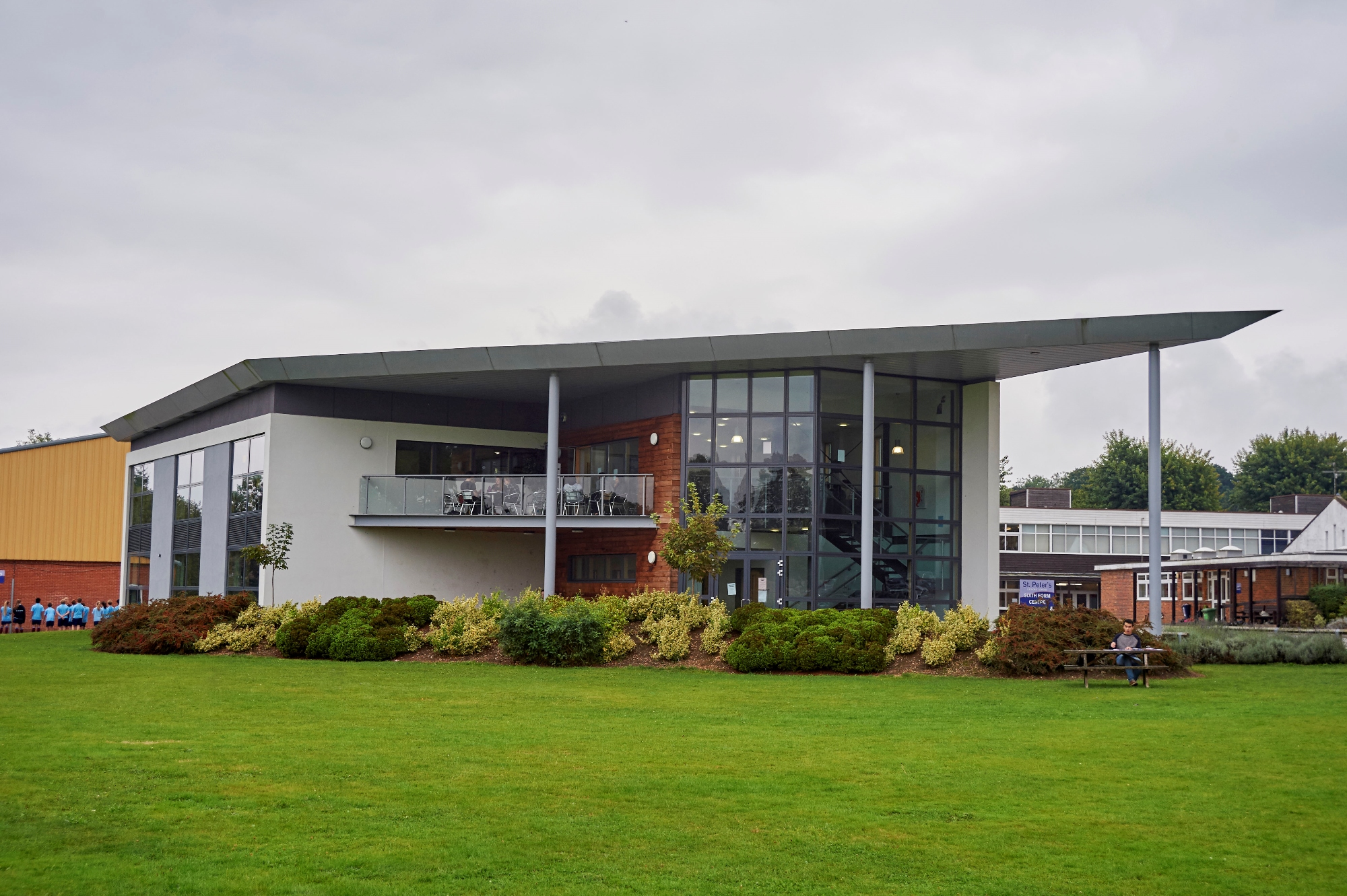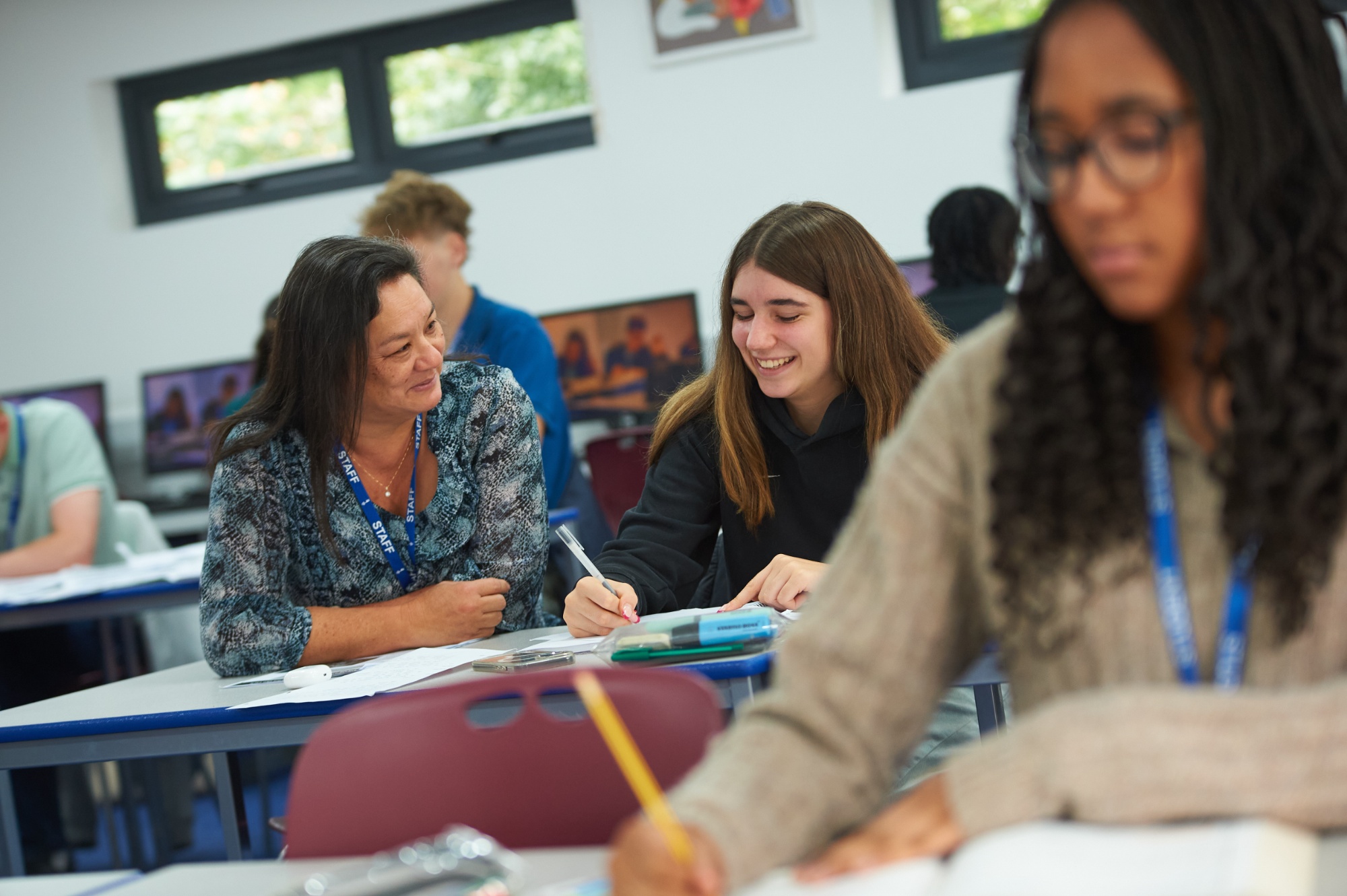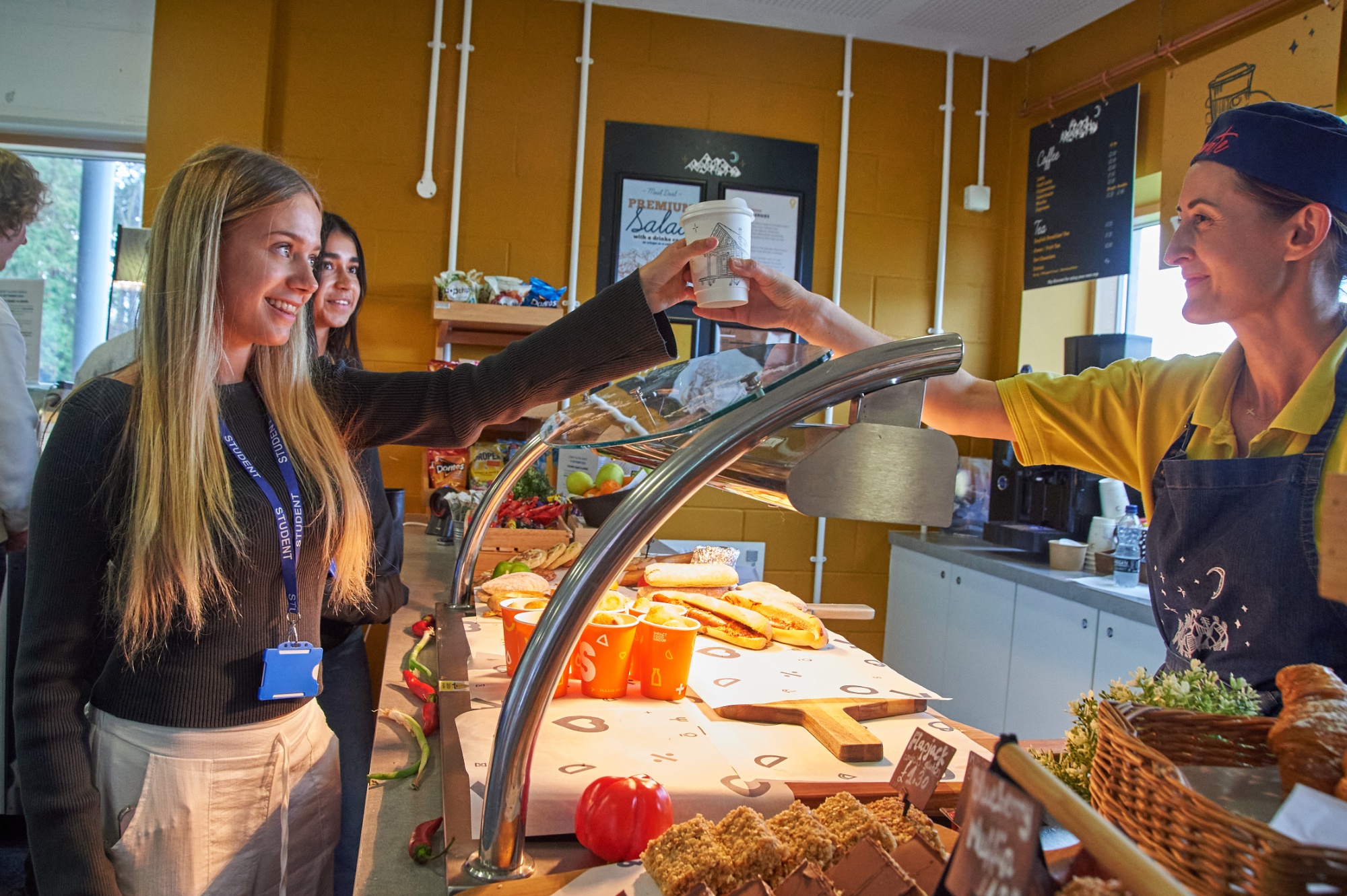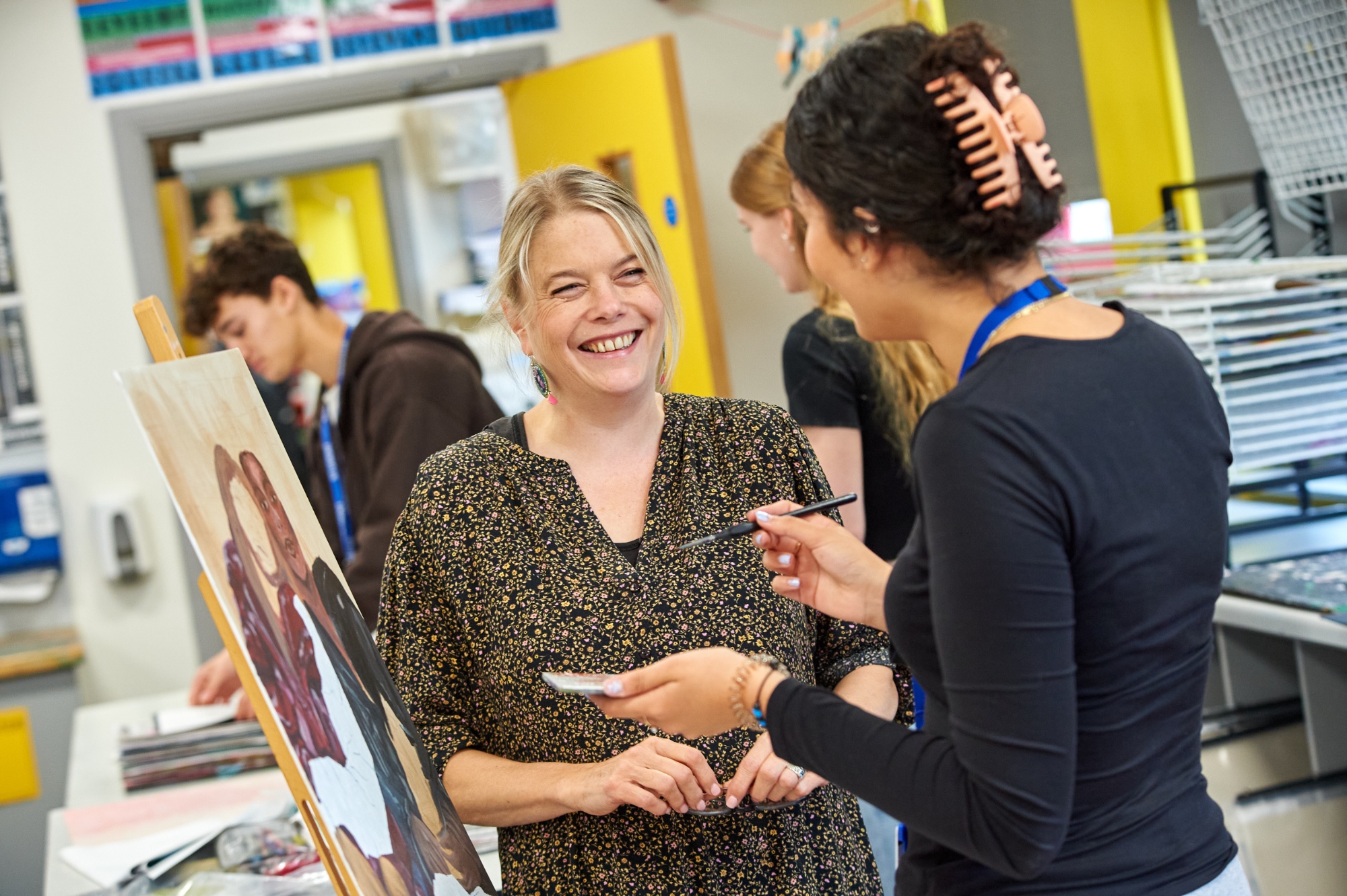English Language
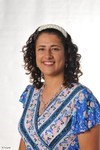
Mrs N Shearer-Freyne
Head of English
THE TEAM
| Mrs A Brown | Joint Assistant Head of English |
| Mrs S Hegg | Teacher of English and Head of Year 11, Sixth Form Enrichment Lead |
| Mrs L McCaul | Teacher of English |
| Mrs H Occomore | Teacher of English |
INTRODUCTION TO THE DEPARTMENT
At Key Stage 5, we offer both English Language and English Literature A Levels, examined through AQA. English Language covers both the theoretical and practical language use. It encompasses the study of a wide range of texts, both spoken and written.
WHY STUDY ENGLISH LANGUAGE?
A Level English Language is an interesting and rewarding course, covering both the theoretical aspects of language and practical language use. It is a fascinating subject as it encompasses the study of a wide range of texts, both spoken and written. It also gives students the chance to be creative, producing texts for real life situations. Any career that involves communicating will be enhanced by the study of A Level English Language.
The specification offers opportunities for students to develop their subject expertise by engaging creatively and critically with a wide range of texts and discourses. The course explores the study of English Language both as a medium of communication and as a topic in its own right, with an emphasis on the ability of students to pursue lines of enquiry, debate different views, and work independently to research aspects of language in use.
Language is seen as a creative tool for expression and social connection, as well as for individual cognition. The study of language as a symbolic system used to assert power in society is also fundamental to the course.
FUTURE ACADEMIC AND CAREER PATHWAYS
English Language can lead to university degrees ranging from Creative Writing, Law, English Literature, Media and Film Studies, Humanities, Sociology, Speech Therapy, Psychology, Criminology, History, Philosophy and many more. Careers using the English Language A Level include journalism, marketing and public relations, lawyers and barristers, speech therapists, civil servants and diplomats, or even teachers.
COURSE CONTENT
Students will be studying the AQA syllabus.
Year 12
In year 12 we begin with studying different modes of communication and explore the representation of ideas through the media and online platforms. We then study how children learn to speak, read and write including the application of theory. Alongside the exam content students will explore writing styles and purpose and create their own original piece of writing.
Year 13
In Year 13 students explore language frameworks and theorists for: age, identity, gender, sexuality, occupation and social groupings. We also explore the history of the English Langauge and why it changes, looking at technology, social and geographical developments. Students will also conduct their own independent investigation into an area of their own linguistic interest.
ASSESSMENT
Paper 1: Language, the Individual and Society 40%
Paper 2: Language, Diversity and Change 40%
Non-examination Assessment – Language in Action 20%
EXTRACURRICULAR OPPORTUNITIES
• Visit to primary school to observe language acquisition
• Higher education experiences through workshops and lectures
• Exploration of local sites of linguistic value
COURSE REQUIREMENTS
Grade 6 in GCSE English Language and English Literature is required. The most important skill is the ability to write accurately and coherently. It is also important to be able to read texts closely and to use a variety of new terms and expressions in describing the ways writers and speakers are using language.


